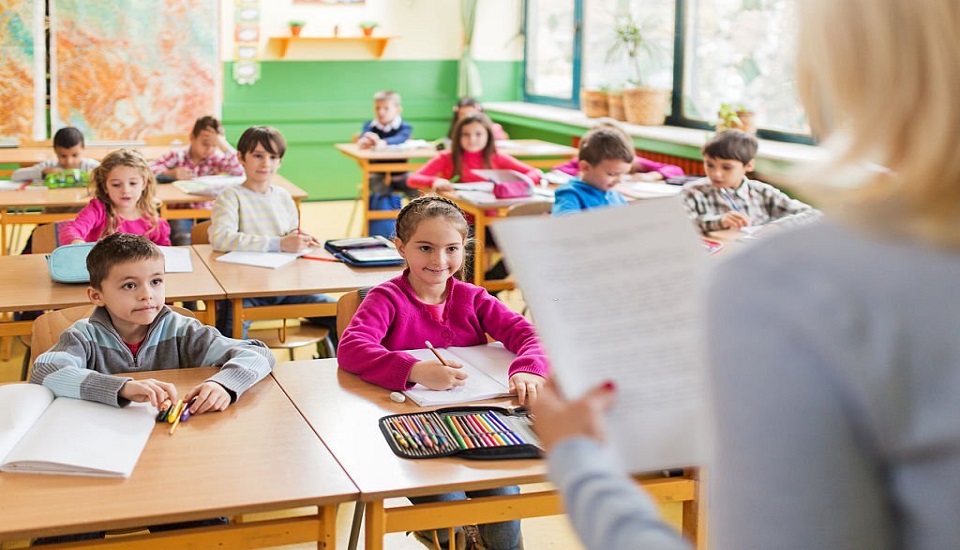After the COVID-19 pandemic, schools are slowly re-opening and trying to get back to their normal routine that was during the pre-COVID times. However, it is easily said than done. Hence, the first step is to start with inclusive classrooms whereby schools are doing lessons in inclusion to sensitize pre-primary and primary students to children with special needs. Teachers who are trained in special education courses will be well-aware that this is the first step to helping students re-start their school after a two-year gap from the classroom.
The lessons on sensitization are important especially after school re-opens after the pandemic when the children were mostly confined to their homes and their interaction with peers was not at all happening, a school head said. Sensing that this period might have damaged the spirit of sharing, understanding and a feeling of community among the children, schools in Kolkata have come up with this outstanding idea.
Schools are focusing on the need to cultivate sensitivity among children by exposing them to real-life experiences in the classroom or narrating stories to them so that when they encounter a specially-abled child, they are not confused aboutwhat to do in that situation and are respectful of his/her needs.
“Children by themselves do not see any difference, it is adults who create that difference in them,” a teacher concluded.
A senior teacher of a popular school in Kolkata suggested that the teachers read out stories on inclusion to the children or involve them in cooperative play, which will allow each child, with or without special needs, to have a role to play.
According to Suman Sood, national core committee member of Early Childhood Association, a forum of schools for pre-primary education, and director of BD Memorial School, “It is for us adults, teachers and parents to teach them to be sensitive. In a classroom, the teacher can do structured guided activities where each child has a role to play, which will uphold what a child can do.”
Ms. Sood believes that children are born with an innate empathy but with time as they see adults behave in a certain way that is different from what they had perceived, they get confused.
“When parents, intentionally or unintentionally, see a child on a wheelchair and express sympathy, it changes the reaction of the children, too.”
Therefore, to show children the correct approaches and behavior towards specially-abled children, books and films are the best and easiest way to help broaden their horizons; further,when you involve them in positive discussions concerning special needs, it will help to normalise them towards individuals with special needs.
“Stories which talk about differently abled individuals are included in the curriculum to teach children that disabilities cannot stop anyone from achieving their dream,” said Swati Sarawagi, founder director, Swarnim International School.
Ms. Sarawagiis the writer of a series of books for children, one of which, Shivi Visits Jaipur, portrays the story of a girl in a wheelchair who is immensely talented in photography.
“When children read a book that has characters who have special needs, it makes them aware (of those needs) and also sensitive,” said the experienced teacher.
At Swarnim International School, after they encountered a lesson on Hellen Keller, students were given activities that required them to be blindfolded to make them realise the challenges of visual impairment.
At BD Memorial, every month the school stresses teaching the children of one value — love, empathy, forgiveness, and responsibility towards society…. Such lessons, according to Ms. Sood, make the young minds develop sensitivity from an early age.
“Children will grow up to be sensitive human beings only if the values are inculcated from a young age,” Sood said.
Hence, teachers with SEN training know the correct approaches to help students of all learning abilities to study together in a classroom without much discomfort, as well as also know to respect each other’s differences.
Written By : Roshni Chatterjee















